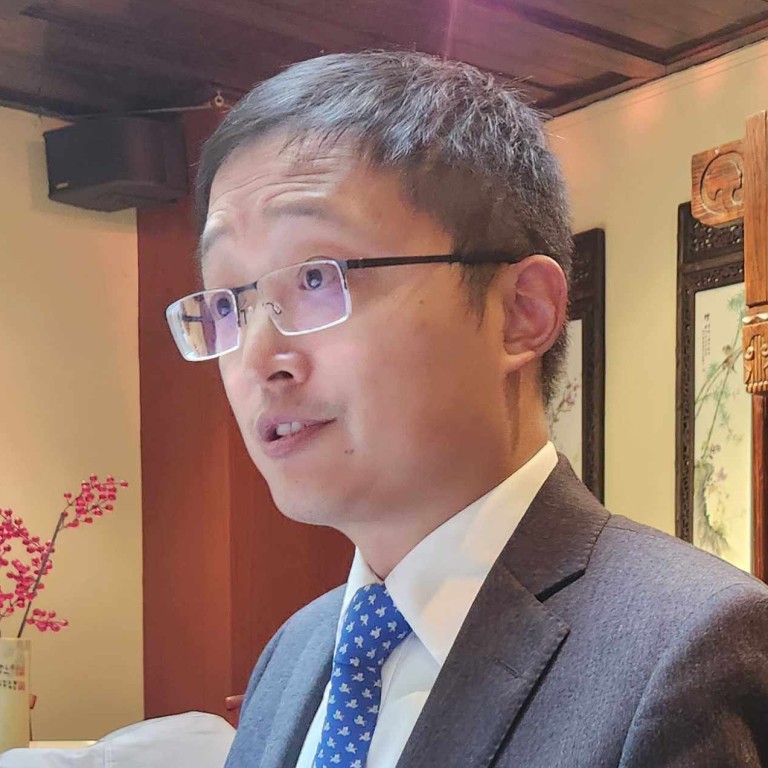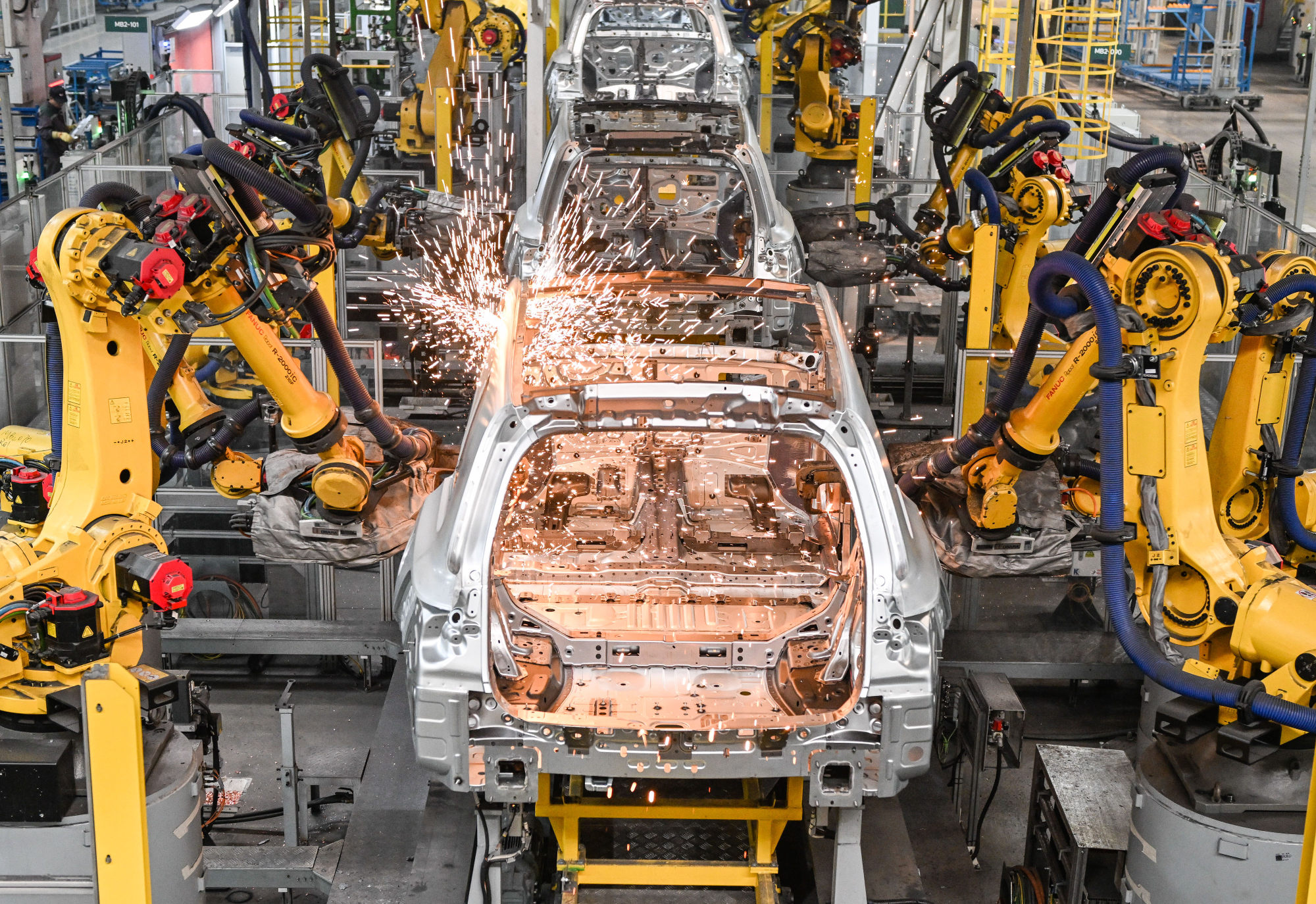
China economy gaining momentum despite calls for hardline US stance: senior diplomat
- American domestic politics should not disrupt ‘stabilising’ bilateral relations, says Qian Jin, Beijing’s number two envoy in New York
- China achieved its 5.2 per cent growth target in 2023 and avoided ‘massive stimulus’ for short-term gain, he adds
China’s economy is gaining momentum towards recovery and high-quality development as it becomes a “modern socialist country in all respects”, a senior Chinese diplomat said on Friday, even as he denigrated American critics calling for hardline policies against the Asian giant.
Qian knocked detractors who voice “concerns and doubts” about China’s economic development and who use such phrases as “struggling for momentum”, “lack of drive” and “dragging down the world”.
“This is further from the truth,” he said. “The ship of China’s economy is breaking turbulent waves of the global economy and moving steadily forward.”
Qian argued critics should note that Beijing achieved its 5.2 per cent growth target in 2023.
US Chamber of Commerce cites ‘Made in China 2025’ concerns after Beijing trip
In addition, China’s economy remained a strong engine of global growth, he said, and planners had avoided “massive stimulus” for short-term gain given “sound and solid fundamentals”.
On other fronts, local debt levels are mounting, and youth unemployment stood at 15 per cent in December. Last summer, the total surpassed 20 per cent, after which China’s National Bureau of Statistics temporarily stopped releasing figures, citing a need to change how the index was calculated.
China, US flights to rise to a third of pre-pandemic levels
“In short, Chinese households are readily partaking in the service economy but remain frugal in their spending,” said Michael Hirson of 22V Research, a New York-based investment research firm.
“Cautious household spending and investing has been a key factor behind weak domestic demand since the post-Covid reopening and we see few catalysts to reverse it any time soon,” added Hirson, who served as the US Treasury Department’s attaché in China from 2013 to 2016.
Qian countered that the economy was stable, saying 2023 grain output fell only slightly below 2022 levels, R&D spending held strong and a shift was under way to new sources of growth.

What does Li Qiang’s schedule reveal about the changing role of China’s premier?
But Qian said better Sino-American trade relations were mutually beneficial.
“Decoupling between us will not work and will produce no winner,” the diplomat said. “For Chinese companies in the US, unreasonable tariffs, sanctions and suppression are most unwanted.”
The same survey found that only 11 per cent of non-American foreign firms planned to reinvest in China, down sharply from last year’s 71 per cent.
Trade tensions are also weighing on the economy. More than 60 per cent of American firms and over half of Chinese firms in the South China AmCham survey said they had been negatively affected by tariffs both from Beijing and Washington, with 85 per cent expecting bilateral trade tensions to worsen.
‘Mistrust remains high’: why half of US firms have no plans to expand in China
Washington accused Beijing of a “state-directed, non-market approach” and an array of non-market practices targeting industries for global market domination, according to the 80-page report.
The US added that China’s socialist market economy “has turned decidedly predatory”.
Qian on Friday contended doubters would be proved wrong. “The Chinese economy can handle ups and downs,” he said. “The overall trend of long-term growth will not change.”

